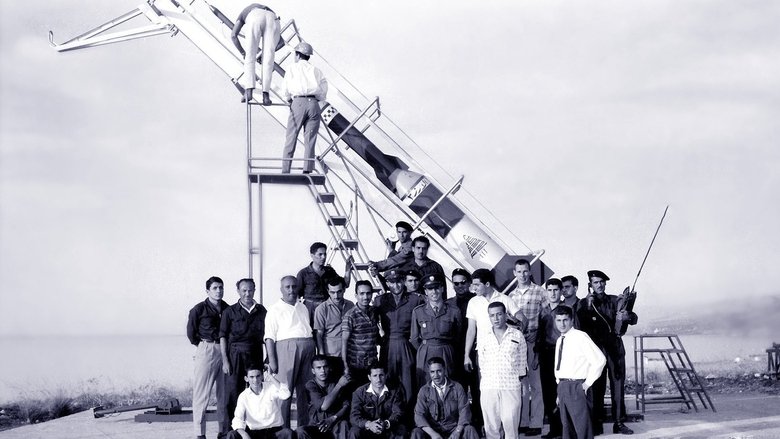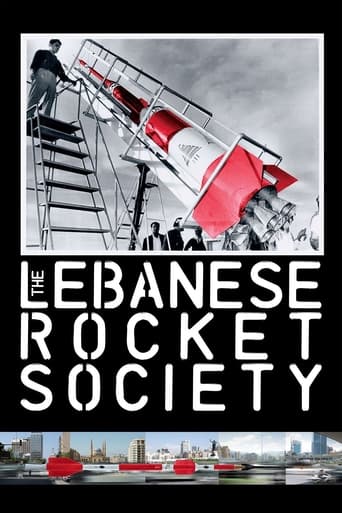
The Lebanese Rocket Society
September. 08,2012Lebanon's brief flirtation with space travel in the 1960s becomes a poignant metaphor for the Arab world's utopian dreams in this riveting documentary.
Similar titles
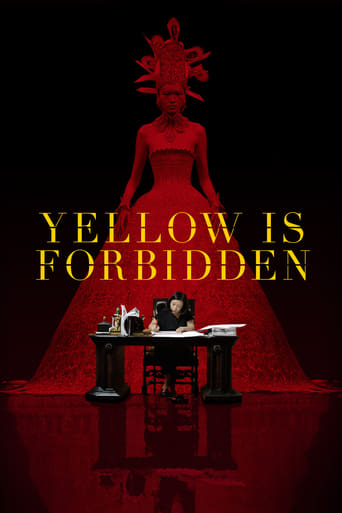
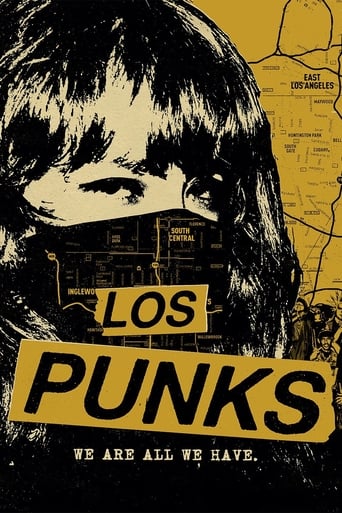
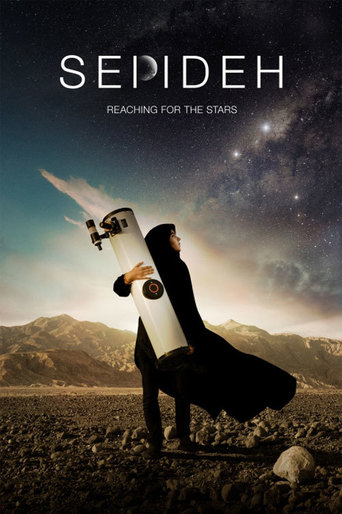
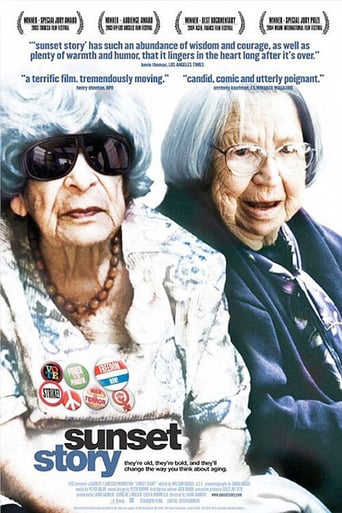

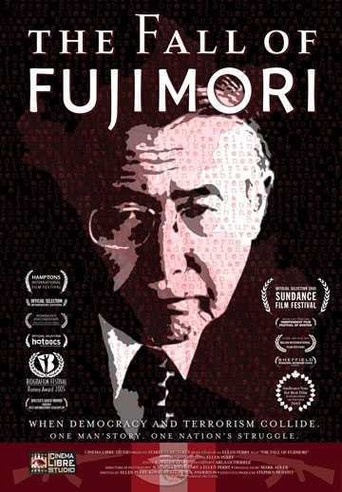




Reviews
Excellent, Without a doubt!!
The performances transcend the film's tropes, grounding it in characters that feel more complete than this subgenre often produces.
An old-fashioned movie made with new-fashioned finesse.
Each character in this movie — down to the smallest one — is an individual rather than a type, prone to spontaneous changes of mood and sometimes amusing outbursts of pettiness or ill humor.
We've got accustomed in recent years to documentaries being educational and entertaining at once, this film takes a crack at the latter, but falls short. The second half is a bit weak, as it follows the activities of the filmmakers, some current events, unrelated to the topic, and a far-stretched animated sequence of an imaginary future had this program never been aborted.While this review is starting a bit negative, I'm actually glad to have watched the film. The educational side of the documentary is where it shines, as it unearths a story that no one of my generation knows about, and no one of the previous generations remembers. It brings to light a great amount of old photos and footages, of students, scientists and army men, experimenting with rocket launching, material that could been lost forever had no one looked for it. And most interestingly, the filmmakers locate some of the people who were involved, most of them in their late life now, and give them a chance to tell their accounts on film one last time, if not first, while they're still here.8/10 cause, all in all, it's a good effort to document a piece of Lebanon's history otherwise forgotten.
* Contains spoilers *This is a curious film : as if it were not enough to have the achievements of that society commemorated in the film by a scale-model erected at Haigazian University (formerly College), it goes on to end (Disjunction 4) with an animation, which imagines (counterfactually) that the society went on, and continued where the Voyager mission left off, with gold discs sent into space. (Reasons are given why the society became part of the military, and was later closed down : an international incident concerning Cyprus; an accident when propellant was being mixed; and pressure from the French government, amongst others.)Maybe this animation did not originally belong with the film (I can easily conceive of it as a quite separate celebratory screening on Lebanese t.v.), or maybe it would have been better as a fantasy beginning to the film, rather than the voice of the film-makers Joana Hadjithomas and Khalil Joreige, saying, in a puzzled voice, that they were born in the months either side of the Apollo Moon landings, so how did they never hear about this rocket society ?In fact, I am told, they said to Professor Manoug Marougian (who led the society until he went back to Texas in 1968, not wishing, he said, to be drawn in by other interested powers) that they had first seen the commemorative postage-stamps (only mentioned later, and not, as I recall, shown), and had wanted to find out more. At the outset, then, these seemed something dressed up about visits to archives that had empty film-cans, and very little footage, and about the whole notion of just tracking down Professor Manougian (in Tampa, Florida) and forthwith going to see him (Disjunction 1).If you can bear that they would have been in contact after Google and before going, and so would have known already what he had kept and handed over to them, then so good, but it seems a bit too much like a telling a story to an uninquisitive child. On the other hand, showing that what Google Images came up for 'Lebanese rocket' were not space rockets did make the point that no one was remembering rockets in those terms. What Manougian did not appear to have to hand over was all the footage that had been absent so far, and the film simply abandoned the idea of looking for the materials for simply presenting and explaining them as if it were self evident how Joreige and Hadjithomas had come by them (Disjunction 2).At the time when the chronological story has been more or less told (Disjunction 3), we learn of the scale-model, and that the owner of the factory making it is nervous, in case permissions were needed to create something that looks like a rocket. In terms of us watching the film, we have no notion of how it has not been thought to obtain these permissions (not least if others had been funding it), and again, feeling a little false, we are shown top government officials (before the government falls) agreeing on screen to grant them (or that they are not needed).Then the very impressive installation of the model rocket, which was supposed to be carried to the former launch-site on the coast and from there to the university (but of which, with no explanation, we only see the latter), and the final disjunction (already mentioned). The film did not need all these stages, but it seemed unwilling to tell any part of the story slowly and in full, and concentrated too much information - too much intense reading of subtitles - in the short period after the film-makers have met Professor Manougian.
A poor use of excellent material. All the elements were there - a rocket science and space project in Lebanon in the 1960s, its abandonment, Middle East politics, the ethnic identity of the scientists, their age, the existence of film and photo archives, the reminiscences of the main protagonists, Beirut today - but they were all thrown in at once near the start, so that the second half of the film was, so to speak, running on empty. There was no suspense, and the really surprising things that the film makers had unearthed were not given the space to breathe. They also seem to have had a big budget but made little use of it. The recurring theme - why has this episode been forgotten in Lebanon? - was never addressed adequately.
Top Streaming Movies











